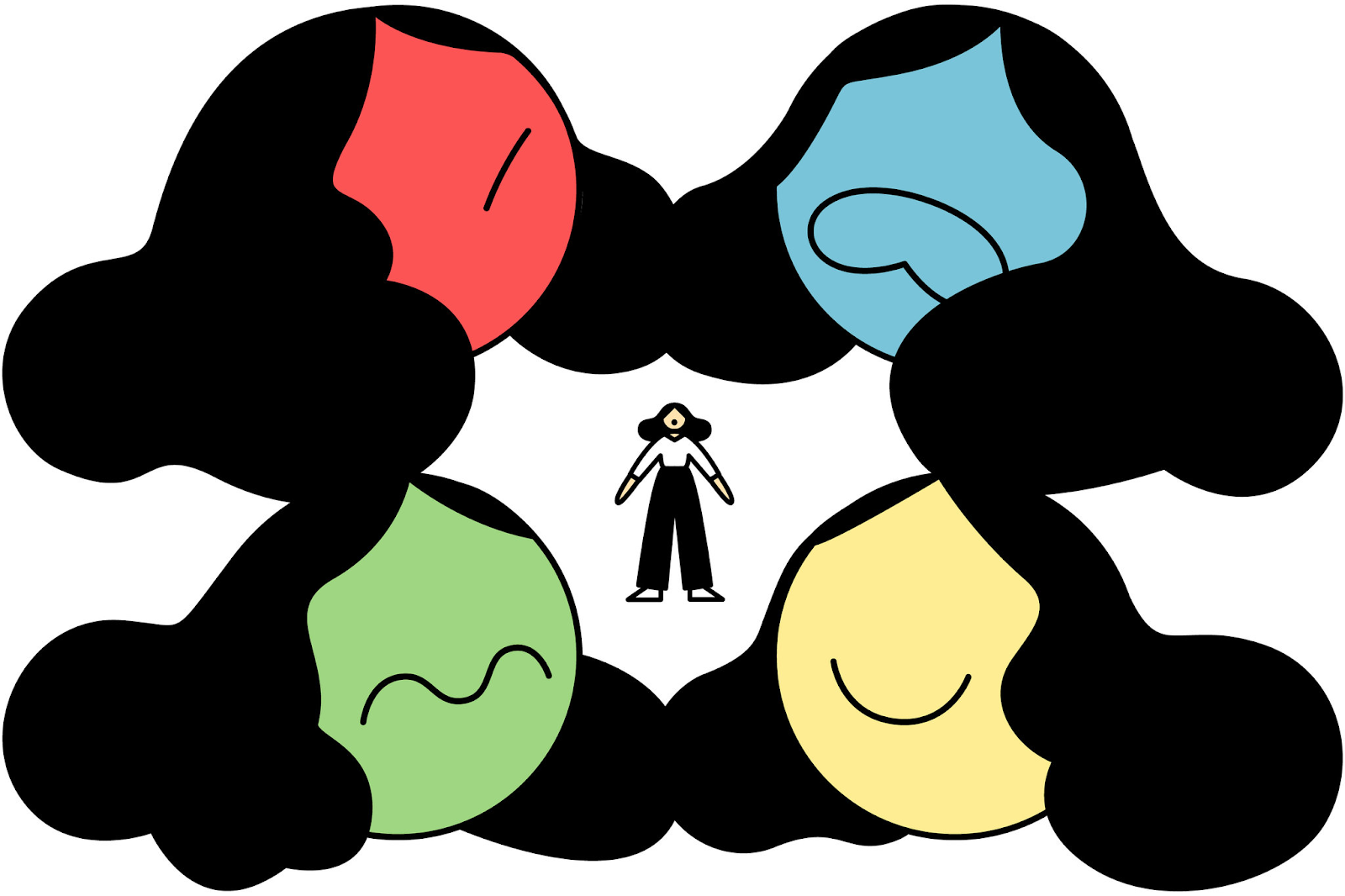Have you ever wondered why the interactions in your relationships are the way they are? Your interpersonal patterns may have their origins in the early years of your life. According to attachment theory, the connections we have with our parents as kids can have a big impact on the relationships we have as adults. Let's investigate this fascinating subject and see how the past influences the present.
Attachment Styles: What Are They?
Our attachment types are a result of the bonds we formed as children with our parents. Mary Ainsworth and John Bowlby, psychologists, distinguished four primary types:
Secure Attachment: A sense of security and stability.
Anxious Attachment: Fear of being left behind.
Avoiding intimacy and proximity is known as avoidant attachment.
Anxious and avoidant behaviors combined to form a disorganized attachment
How people react with these attachment styles?
People who have a stable or secure attachment style, for example, and who receive constant support from their guardians, are more likely to have relationships that are open, trustworthy, and healthy. Conversely, people with an anxious attachment style—which can be brought on by unequal caregiving—may suffer with feelings of abandonment and continually turn to their lovers for comfort. In a comparable manner, individuals with an avoidant attachment style—which they formed as a result of emotionally detached caregiving—may struggle to establish meaningful relationships and avoid closeness. Last but not least, people with an unorganized attachment style—which is frequently the result of traumatic childhood events—may display a combination of avoidant and anxious tendencies, which can create tumultuous and unstable relationships. Through comprehending these patterns, we can get a deeper awareness of our interpersonal dynamics and strive towards more satisfying and healthy relationships.
How to work upon it ?
To work towards healthier relationships, start by reflecting on your childhood experiences to identify your attachment style. Open communication with your partner about your attachment tendencies can foster mutual understanding and support. If you find certain patterns challenging to overcome, consider seeking professional help, such as therapy, to address past traumas and develop healthier ways of relating. Building self-awareness and practicing showing vulnerability to your partners can also help you create stronger, more secure bonds with those you love. By taking these practical steps, we can all work towards creating healthier and more fulfilling relationships.
Now Reflect how has your attachment style influenced your relationships? What steps can you take to improve your relational dynamics? Are there specific patterns you've noticed in your relationships that you think may be related to your attachment style? How can understanding these patterns help you build stronger connections?




Comments